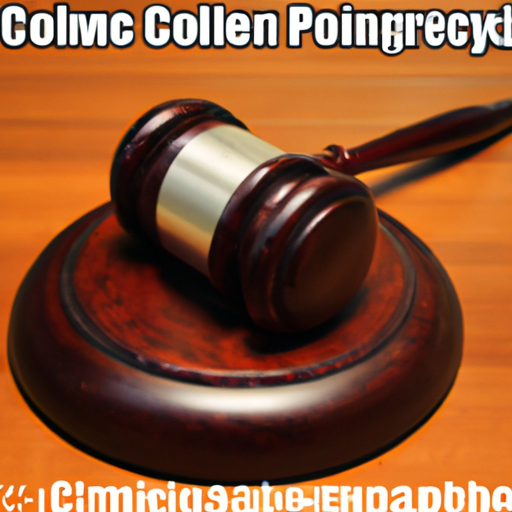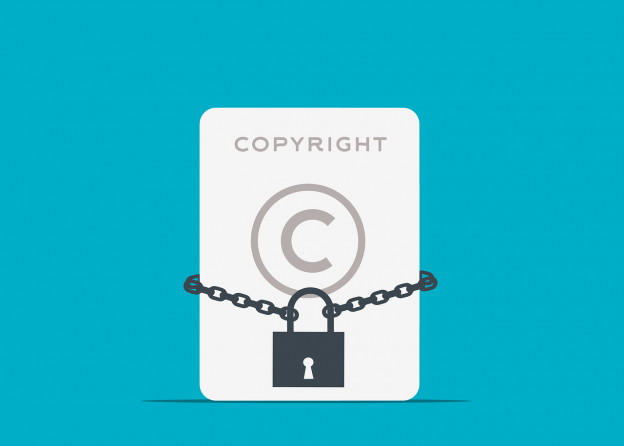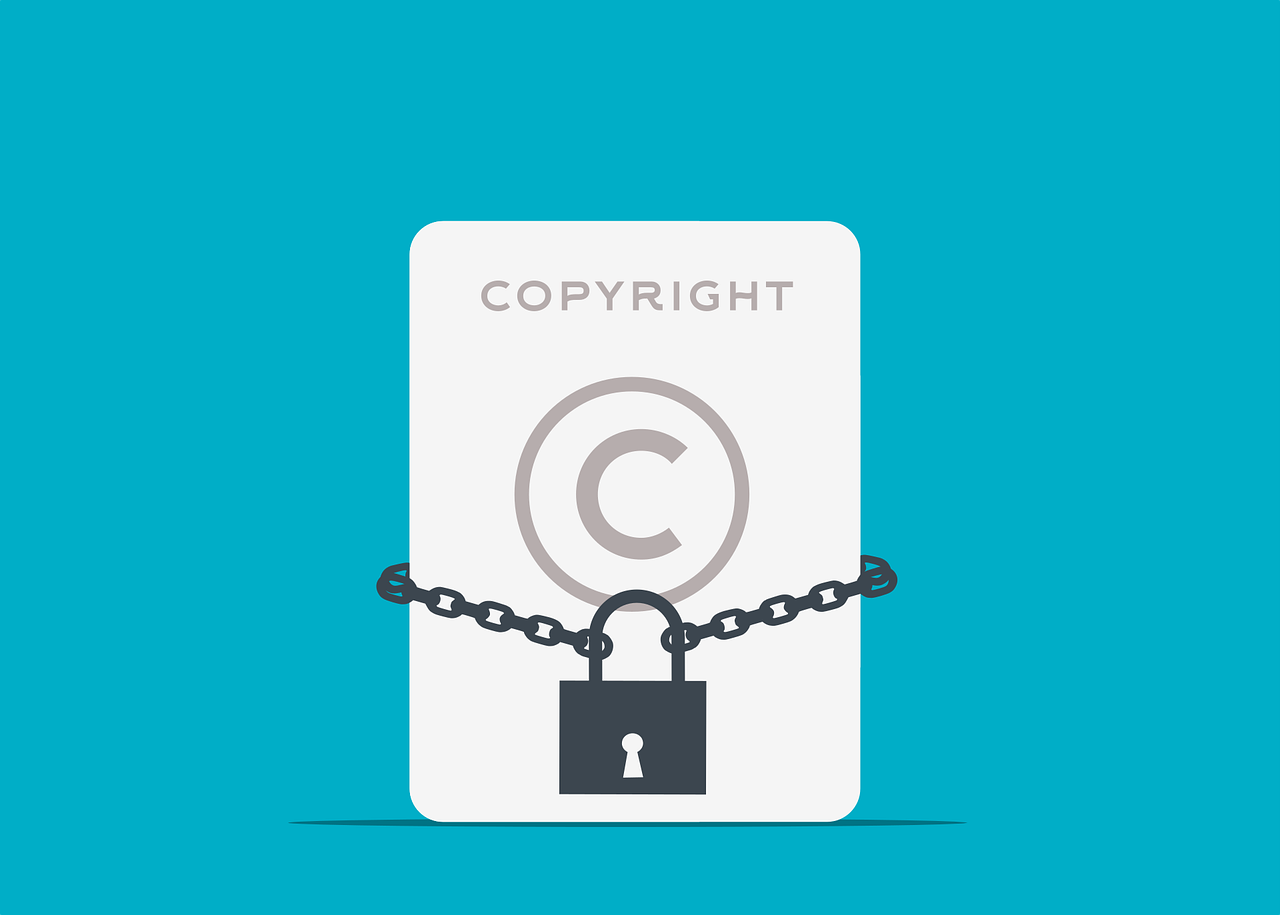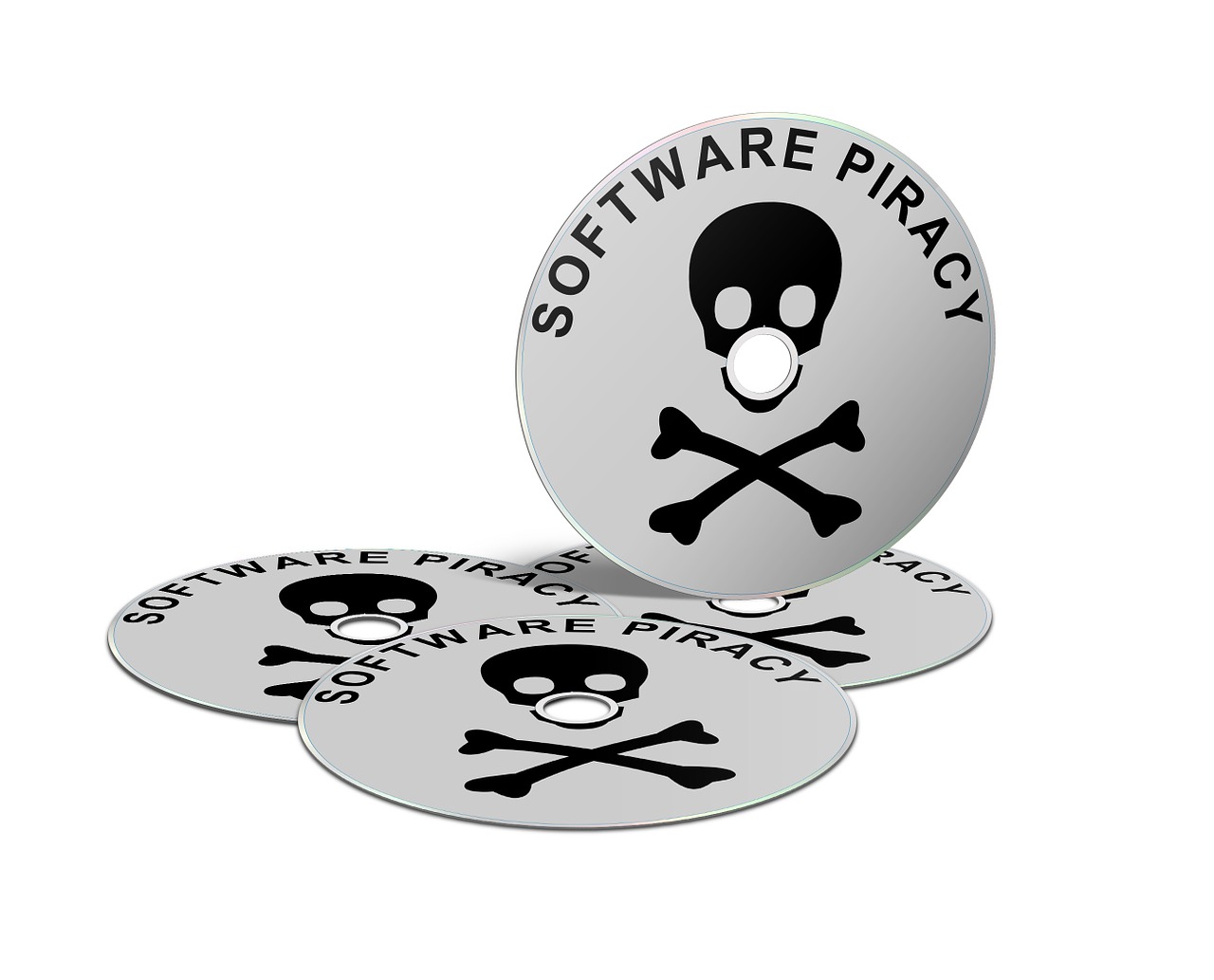Are you in need of legal assistance regarding intellectual property rights? Look no further, because attorney Jeremy Eveland is here to provide you with comprehensive and exhaustive information on the subject of IP law. In this article, you will find all the essential details you need to know, including valuable insights and reassurance regarding common legal concerns. From trademarks to patents, copyright to trade secrets, this article covers it all. By the end, you’ll be well-informed and ready to take the next step towards protecting your intellectual property. So why wait? Give attorney Jeremy Eveland a call today for a consultation.
What is an IP Lawyer?
Definition
An IP lawyer, short for intellectual property lawyer, is a legal professional who specializes in advising and representing clients in matters related to intellectual property law. Intellectual property refers to creations of the mind, such as inventions, artistic works, designs, symbols, and names used in commerce. IP lawyers have a deep understanding of the legal framework surrounding intellectual property and work to protect their clients’ creations and ensure their rights are upheld.
Roles and Responsibilities
IP lawyers play a crucial role in helping individuals and businesses protect their intellectual property. Their responsibilities include:
-
Providing Legal Advice: IP lawyers advise clients on how to safeguard their intellectual property rights and navigate complex legal issues related to copyrights, trademarks, patents, and trade secrets.
-
Registration and Filing: They assist in the registration and filing process for copyrights, trademarks, and patents, ensuring that the necessary documentation and paperwork are properly prepared and submitted.
-
Enforcement of Rights: IP lawyers help clients enforce their intellectual property rights by taking legal action against infringers. They can initiate lawsuits, negotiate settlements, and represent their clients in court.
-
Due Diligence: In cases involving mergers, acquisitions, or licensing agreements, IP lawyers conduct due diligence to ensure that the intellectual property involved is properly protected and free from any legal disputes.
-
Contract Negotiation: They assist in negotiating contracts and agreements involving intellectual property, ensuring that the rights and interests of their clients are adequately protected.
Why Do You Need an IP Lawyer?
Protection of Intellectual Property
One of the primary reasons to hire an IP lawyer is to protect your intellectual property. Whether you are an artist, inventor, or business owner, your creations and innovations are valuable assets that need legal protection. An IP lawyer can guide you through the process of obtaining copyrights, trademarks, and patents, ensuring that your intellectual property is safeguarded from unauthorized use or infringement.
Enforcement of Intellectual Property Rights
In the unfortunate event of someone infringing upon your intellectual property rights, an IP lawyer can help you enforce those rights. They are skilled in identifying instances of infringement and can take appropriate legal action to stop the unauthorized use and seek compensation for any damages caused. By hiring an IP lawyer, you can ensure that your intellectual property is protected and that any violations are addressed promptly and effectively.
Areas of IP Law
Copyright Law
Copyright law protects original works of authorship, including literary, artistic, and musical creations. This can include books, songs, paintings, photographs, software code, and more. An IP lawyer can help you understand copyright law, register your work, and take action against unauthorized use or reproduction.
Trademark Law
Trademark law protects brand names, logos, slogans, and other distinctive signs that identify and distinguish goods or services in the marketplace. An IP lawyer can assist in trademark selection, application, and enforcement, ensuring that your brand is protected from infringement and maintaining its uniqueness and reputation.
Patent Law
Patent law governs the protection of inventions and technological innovations. An IP lawyer can guide you through the complex patent application process, ensuring your invention meets the necessary criteria and helping you understand your rights as a patent holder.
Trade Secret Law
Trade secret law protects confidential business information that provides a competitive advantage. This can include formulas, processes, or customer lists. An IP lawyer can help you identify and protect your trade secrets, ensuring that proper measures are in place to maintain their confidentiality and take legal action if necessary.
Process of Hiring an IP Lawyer
Research and Shortlisting
When hiring an IP lawyer, it is important to conduct thorough research. Look for lawyers with a strong background in intellectual property law and experience handling cases similar to yours. Shortlist several potential candidates based on their expertise, reputation, and track record.
Initial Consultation
Once you have narrowed down your list, schedule initial consultations with the IP lawyers you are considering. During these consultations, discuss your specific needs and concerns, and ask questions to gauge their knowledge and experience. This will help you determine if the lawyer is the right fit for your case.
Engagement and Agreement
After the initial consultations, select the IP lawyer you feel most comfortable working with. Engage their services by signing an agreement that outlines the scope of work, fees, and any other relevant details. A clear and concise agreement will ensure both parties have a clear understanding of the terms and expectations.
Costs and Fees
Hourly Rates
Most IP lawyers charge their clients based on an hourly rate. The rate can vary depending on factors such as the lawyer’s experience, the complexity of the case, and the geographic location. Clients are billed for the time spent working on their case, including research, preparation, and any court appearances.
Flat Fees
In some cases, IP lawyers may offer flat fees for specific services, such as filing a trademark application or preparing a licensing agreement. Flat fees provide clients with a predictable cost for the service and can be beneficial for straightforward and well-defined tasks.
Contingency Fees
In certain IP cases, such as those involving patent infringement, lawyers may work on a contingency fee basis. This means that the lawyer’s fees are contingent upon winning the case or obtaining a settlement. If the lawyer is successful, they will receive a percentage of the damages awarded or settlement amount.
Benefits of Hiring an IP Lawyer
Expertise and Experience
IP lawyers have specialized knowledge and experience in the field of intellectual property law. They understand the intricacies of copyright, trademark, patent, and trade secret law, allowing them to provide valuable guidance and representation for their clients. By hiring an IP lawyer, you can benefit from their expertise and ensure that your intellectual property is protected to the fullest extent.
Legal Protection
Intellectual property is valuable and can be vulnerable to infringement or unauthorized use. An IP lawyer can help you navigate the legal landscape, ensuring that your rights are protected and taking action against those who infringe upon your intellectual property. With their support and representation, you can safeguard your creations and innovations from potential harm.
Efficient Process
Navigating the complexities of intellectual property law can be challenging and time-consuming for those unfamiliar with the legal system. By hiring an IP lawyer, you can streamline the process and avoid common pitfalls. They will handle the necessary research, paperwork, and negotiations on your behalf, saving you time and allowing you to focus on your creative pursuits or business operations.
Tips for Choosing the Right IP Lawyer
Specialization and Experience
When selecting an IP lawyer, look for someone with a strong specialization in intellectual property law. This specific expertise ensures they are up to date with the latest legal developments and have the necessary knowledge to handle your case effectively. Additionally, consider their experience in handling similar cases and their success rate in protecting their clients’ intellectual property rights.
Reputation and Track Record
Research the reputation and track record of the IP lawyer you are considering. Look for reviews and testimonials from previous clients and inquire about their success in handling intellectual property cases. An IP lawyer with a solid reputation and a proven track record demonstrates their ability to provide quality legal representation and achieve favorable outcomes.
Personality and Compatibility
Building a good working relationship with your IP lawyer is essential. Intellectual property cases often involve sensitive information and require open communication and trust. During consultations, assess the lawyer’s communication style, responsiveness, and willingness to listen. Choose a lawyer with whom you feel comfortable sharing details about your intellectual property and who understands your goals and concerns.
Common Intellectual Property Issues
Infringement
One of the most common intellectual property issues is infringement, where someone uses or reproduces copyrighted works, trademarks, or patented inventions without authorization. IP lawyers work to identify instances of infringement, send cease and desist letters, and file lawsuits if necessary to protect their clients’ rights.
Licensing and Contracts
Intellectual property licensing agreements and contracts are commonplace in business and creative endeavors. IP lawyers assist clients in negotiating these agreements to ensure that their rights are protected and they receive fair compensation for the use of their intellectual property.
Registration and Renewals
Registering intellectual property rights is a crucial step in protecting them. IP lawyers assist clients in the registration process for copyrights, trademarks, and patents, ensuring that the necessary paperwork is prepared and submitted correctly. They also help with renewals to maintain and extend the duration of the intellectual property rights.
Frequently Asked Questions
- Can I protect my intellectual property without hiring an IP lawyer?
While it is possible to navigate the intellectual property landscape without legal assistance, hiring an IP lawyer provides several advantages. They have specialized knowledge, experience, and expertise in the field, ensuring that your intellectual property is adequately protected and represented.
- How long does it take to obtain a patent?
The time it takes to obtain a patent can vary depending on various factors, including the complexity of the invention, the backlog of applications at the patent office, and any potential challenges or rejections. On average, the patent application process can take several years.
- What should I do if someone infringes upon my intellectual property rights?
If you believe someone has infringed upon your intellectual property rights, it is essential to consult with an IP lawyer promptly. They can assess the situation, gather evidence, and guide you through the process of taking legal action to enforce your rights and seek appropriate remedies.
Conclusion
In today’s world, intellectual property plays a significant role in the success of individuals and businesses. Protecting and enforcing intellectual property rights is essential to maintain a competitive edge and preserve the value of creative works and innovations. Hiring an IP lawyer is a wise investment that ensures your intellectual property is safeguarded and allows you to focus on pursuing your passions or growing your business. With their expertise and experience, an IP lawyer provides the necessary guidance, protection, and representation you need to navigate the ever-changing landscape of intellectual property law. So, if you find yourself in need of legal assistance to protect your intellectual property, don’t hesitate to reach out to an experienced IP lawyer to safeguard your creations, innovations, and rights.

































